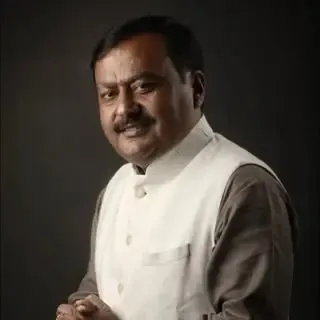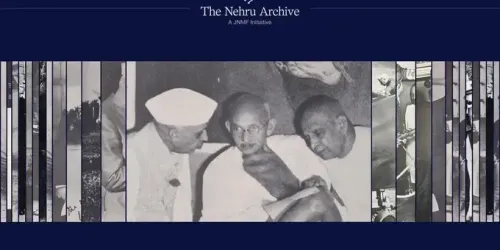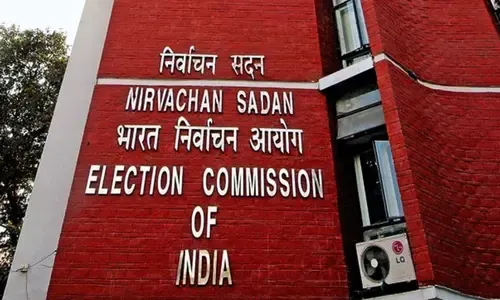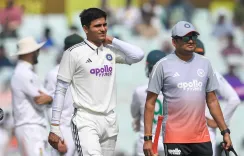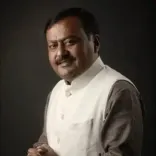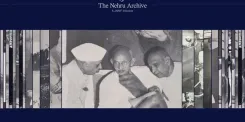Hold Your Members Accountable Before Criticizing Opposition: Sandeep Dikshit Blasts BJP on Murshidabad Unrest
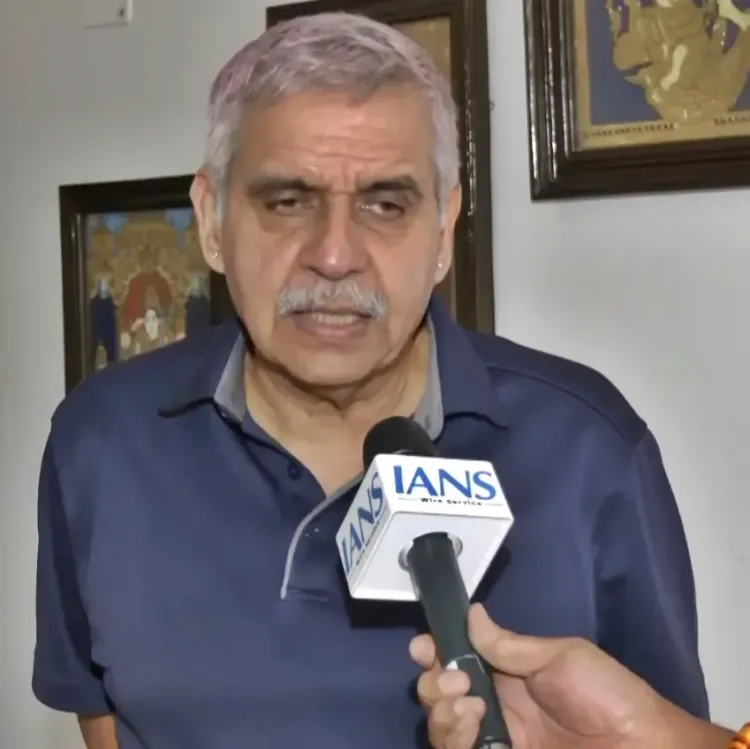
Synopsis
Key Takeaways
- Sandeep Dikshit calls for BJP accountability regarding Murshidabad violence.
- Claims of BJP members inciting riots were made.
- Violence during protests led to three deaths.
- West Bengal's Chief Minister blamed BJP for orchestrating violence.
- Dikshit questioned Vice President's understanding of constitutional law.
New Delhi, April 18 (NationPress) Congress leader Sandeep Dikshit criticized the BJP on Friday for questioning the Opposition's quietness regarding the recent communal unrest in Murshidabad, West Bengal, asserting that the ruling party should first address the disturbances reportedly instigated by its own affiliates.
In an interview with IANS, Dikshit remarked, “It has been frequently reported that BJP members were responsible for inciting riots there. A few Hindus were discovered wearing Namazi caps, creating turmoil, and some of these individuals had connections to the BJP and its affiliated organizations. If they were the instigators of this chaos, then the BJP must hold them accountable first. Justice requires that they face consequences, yet they continue to question the silence of others. The BJP must lead by apologizing.”
On April 11, violence erupted in the Dhulian area of Murshidabad district amid protests against the Waqf Amendment Act, resulting in three fatalities and numerous injuries. This situation has elicited strong political responses.
On Wednesday, West Bengal Chief Minister Mamata Banerjee claimed that the violence was “pre-planned” and “orchestrated” by the BJP, implicating certain central agencies and even elements within the Border Security Forces (BSF).
In another development, Dikshit reacted strongly to Vice President Jagdeep Dhankhar’s comments regarding the judiciary.
He stated, “It is regrettable that the Vice President may not have consulted the Constitution. Certainly, the Vice President holds a constitutional position, but who better understands the law: the Supreme Court or the Vice President?”
Dikshit added, “The Constitution explicitly states that anyone who perceives a law as conflicting with the Constitution's provisions or spirit can approach the Supreme Court. And many have done so.”
Regarding the Supreme Court’s interim ruling on the Waqf Amendment Act, Dikshit expressed his anticipation for the final judgment.
“Currently, this matter lies within the court's authority, so we will observe the developments. Public opinions have been presented, and discussions must have occurred, but I lack details. The Supreme Court will scrutinize the Act and the concerns raised. I hope the Supreme Court will render a decision aligned with our Constitution.”

